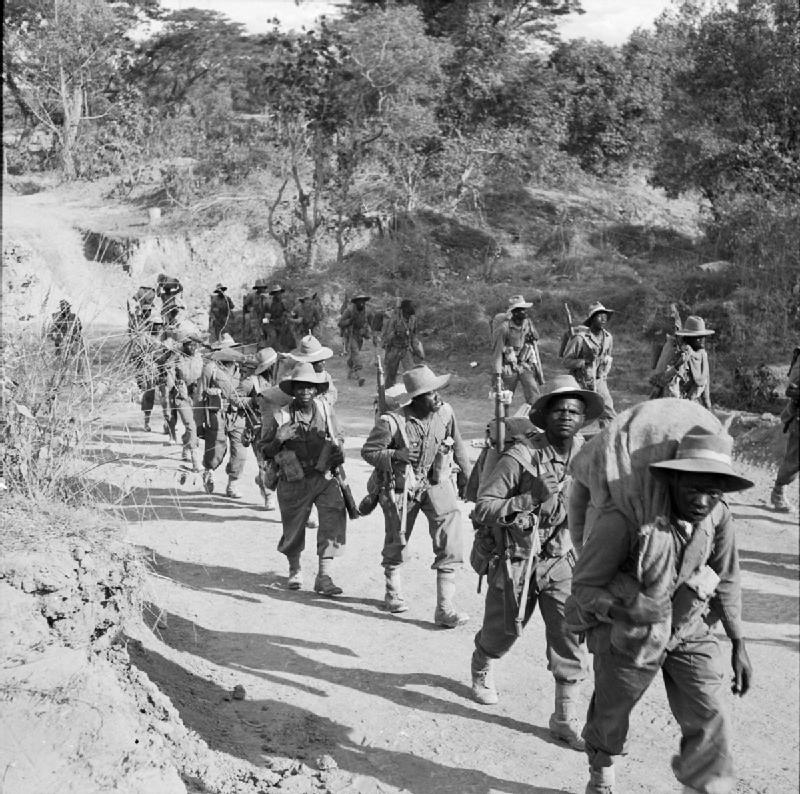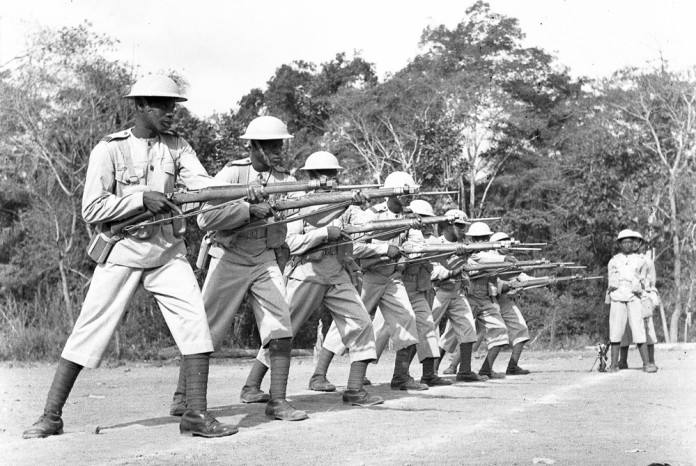He lived across from the public latrine that was for many the sole comfort of exercising the call of nature. He was now a tired man of seventy five renting a room in the compound house that was home to the tired, the helpless, and the bitter. His name was Koku Agboli. He had been born when there was no Ghana in the year 1910. It seemed so long ago yet so close like it was just yesterday. His village Dafeme nestled in the quite hills around Ho was like any other village but yet so special. Why was it so special to him? There he had known the happiest days of his life, the green lush vegetation, the work on the farm with his grandmother, the stories at night around the fire about his ancestors and their origins. Yes, the songs they sang, his grandmother Daga had such a beautiful voice. He could still hear her beautiful voice as the clear African night carried her voice to the soft earth, to his ancestors communing with them in the family shrine. She had come from the village of Eblikofe a young woman of 17 to marry his grandfather. She never went back. She was buried in Dafeme. Why was he remembering her? Why? She had died of heart failure when he was 15 more than six decades ago. Was it a portent of his own coming end? He could not tell. He did not know.
The public latrine welcoming in its tender embrace in this threadbare area of Accra was his only friend. It gave him comfort. He would cross the street at least once, sometimes more every day into its loving hands. Only it could not understand him as he emptied his body and the pain of his tired soul. The road in front of the house was his enemy, cars would drive by sometimes in unending succession, sometimes speeding like mad dwarfs. He would have to wait to cross the road to his friend the public latrine. The road seemed to sneer at him, to mock him. What arrogance and disrespect from a mere road!
It was one such Harmattan day in December 1985. That day the road seemed to relent in its arrogance and allowed him to cross quickly. He stood in a line waiting for his turn to commune with his friend. Two young men were in front of him. They seemed like students chatting idly as they waited for their turn. Then the flashes came to him. Burma, April 1945, the retreat from Letmauk under a Japanese counter attack. Haruna Adongo his friend. Oh Haruna, Oh Haruna. He could still see him. They had joined the 2’nd West African Infantry Brigade in 1942 in Accra where they had met. Haruna was from Salaga. His smile, his laughing eyes. The fire was intense, the screams of dying men torn to shreds by bullets sizzling with the cold embrace of a painful death. Haruna shouted to them to keep moving. He would cover their retreat. He was a machine gunner. He took up a position just on top of the small hill facing the advancing Japanese. That saved their lives. They made it to a small jungle outcrop at the bottom of the hill. The last he saw was Haruna being bayoneted by the Japanese soldiers. He had run out of ammunition. He could still see it. The screams. The screams. Haruna was dead. He was dead. He began to cry. Then the help came from the first Nigerian Brigade. They threw the Japanese back to their positions. Haruna was buried in the jungle at Letmauk.
He felt like crying, but he could not cry. The tears were stuck in his throat. He wanted to tell the young men in front of him about Haruna, how he had died. But he could not. The words would not come. The words had died bayoneted just like Haruna. Finally his turn came to enter into his friend to empty his sorrow through his bowels. Today, he felt a special communion with his friend the public latrine. He slowly walked back to his room. He opened the drawer and took out the wrist beads. Their color was a yellow hue with a splash of green, then red scattered on it. They were Haruna’s. He had taken it from his dead body and brought it back to Africa, home to what was now Ghana. He could not find Haruna’s relatives. He kept the beads. Today the beads seemed to shed tears. He could now cry. The beads told him it was okay to cry. He cried for Haruna, he cried for all the dead African soldiers buried in the jungles of Burma who would never come home. He cried for his country Ghana which had abandoned him with no honor or remembrance. He cried for his grandmother Daga.
The next day, they found him dead in his bed with a smile on his face, beads in his hands. He had no family so they said. The young boys in the compound house where he lived said his only friend seemed to be the public latrine. He always seemed happy going to the public latrine and coming back from it. They buried him with the beads in a small unmarked grave at the Awudome cemetery. His life unmarked, unremembered, his country’s history unmarked, unremembered, his continent’s history unmarked, unremembered. Who would remember them? Who would?












Great story. Not much has been written about our world war warriors. Thanks for the presence of mind to write about this.
The world is changing fast and our soldiers must occupy a great part of it. Honoring the memory of our soldiers is a start. A bold one.
I love this story, I can’t believe a Mathematician is sharing stories like this. Kudos. You guys give me hope. Hope in Africa that we might yet still be able to change this horrible world for the better.
Nice to read a great story about Veterans in Ghana who gain no respect from the government and the public.
Good reading. Thanks for this story very much. Our soldiers are heroes. Though they fought for something they themselves had no idea about, they fought for something about us that we are more sure of today – freedom. God Bless them wherever they are and the dear families. Thanks be to God for such brave souls. I wish our African men can grow with this knowledge and understand that sacrifices were made for them. And that they too need to make sacrifices for others.
Any story about our African heroes warms my heart. Thanks for recognizing this important part of our existence.